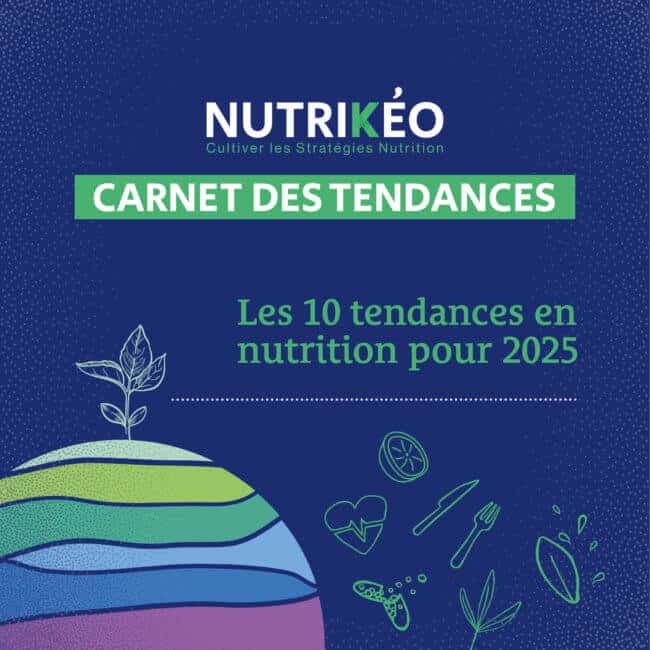Carbohydrates, proteins, lipids, vitamins, minerals… labels talk to you every day about macronutrients and micronutrients, but do you know what mesonutrients are? They are present in our daily diet, particularly in what we now call superfoods, because of their recognized benefits and exceptional nutritional compositions. Let’s discover below what makes mesonutrients really unique.
MACRO, MICRO, MESO: kesako?
Beyond the calorie content, which remains one of the preferred criteria when purchasing food, the nutritional information on our labels essentially indicates the macronutrient content – from the Greek macro, « large » – namely carbohydrates, proteins and lipids, ensuring the proper functioning of our body and its energy intake, but also micronutrients – from the Greek micro, « small » – vitamins and minerals, without energy intake but with a functional role. Optimized contributions of these two categories of nutrients make it possible to maintain an organism in perfect condition.
But between « large » and « small » nutrients, there is a third form: mesonutrients. Derived from the ancient Greek « mesos », literally « in the middle », mesonutrients correspond to the active compounds in the products of our diet, having a positive influence on our body. If laboratories such as Dielen offer a selection of concentrated active ingredients in optimized doses, the mesonutrients are found in a wide array of foods that you probably already eat. Here are some of them.
Mesonutrients on a daily basis
Curcumin: as you may have guessed, curcumin is one of the active compounds of turmeric, known for its powerful anti-inflammatory and anti-aging properties. An article published in Foods shows that curcumin helps managing arthritis, anxiety and high cholesterol levels. Combined with piperine, the main active compound of black pepper, increasing the bioavailability of this mesonutrient, it reveals all its effects.
Lycopene: mesonutrient contained in red fruits such as tomatoes, watermelons and grapefruit, lycopene is a powerful carotenoid. It is said to prevent prostate cancer and to contribute by its antioxidant properties to preserving the youthfulness of the skin.
ECGC, or epigallocatechin gallate: its barbaric name hides a real treasure: this polyphenol extracted from green tea is a powerful antioxidant. This mesonutrient helps protect tissues and cells from oxidative damage and is believed to prevent certain types of cancer.
Berberine: a little harder to find, this mesonutrient is hidden in more exotic fruits such as goldenseal and barberry. This powerful anti-inflammatory drug benefits from being known, particularly for its ability to reduce blood sugar levels, reduce blood pressure and thus limit the risk of cardiovascular diseases.
Anthocyanins: these mesonutrients with antioxidant powers are highly concentrated in a number of berries (cherries, cranberries, pomegranates, blackberries, etc.), to which they give their colour, and benefit from a wide variety of therapeutic properties: visual acuity maintenance, antimicrobial activity, cardiovascular health maintenance, etc.
While curative medicine remains the reference in the world of Western medicine, preventive medicine is taking off and has a bright future ahead of it. Mesonutrients have their place to take, and these « super active compounds » could play a key role in preventing many of the diseases our modern world faces.











